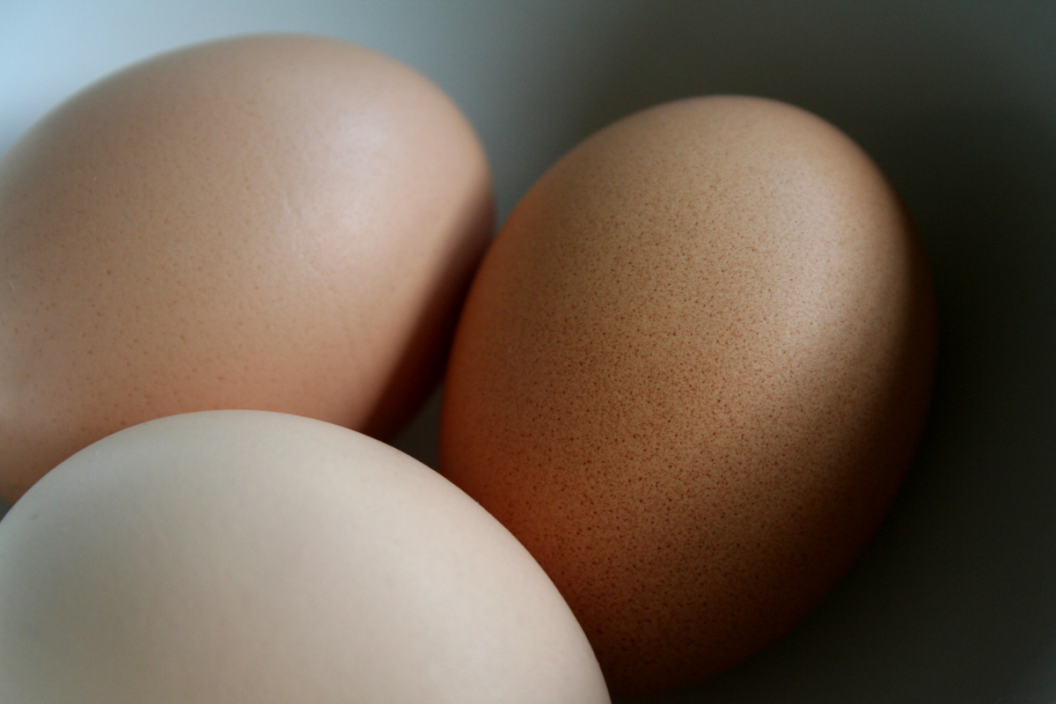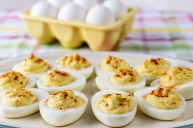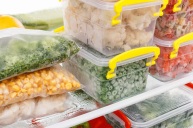If you've got a bunch of leftover chicken eggs and don't know if you'll use them up quickly, there is a way to freeze eggs to be used for up to one year. But you can't put a number of eggs in the freezer in their shells and expect them to be good. There is a way to safely freeze your extra eggs for later use, but it all depends on how you go about freezing them.
Videos by Wide Open Country
How to Freeze Eggs
The Incredible Egg reports that you should only freeze fresh eggs. So if your eggs have been sitting in your fridge for a little while and are approaching their expiration date, your best bet is to just use those up in something like an omelet, quiche, frittata, as a fried egg, or in a recipe, instead of freezing eggs.
Both the Food and Drug Administration (FDA) and U.S. Department of Health and Human Services (HHS) advise that you should never freeze raw eggs in their shells, Healthline notes. Freezing raw eggs can lead to the liquid inside expanding which can make the shells crack, causing them to spoil and be at risk of bacterial contamination — yikes!
How to Freeze Different Types of Eggs
To freeze egg whites, you should first break and separate the eggs and pour the whites into freezer-safe containers, Incredible Egg says. Seal the whites tightly, label the container with the number of egg whites and the date, and freeze. For faster thawing later on, you can freeze each white in an ice cube tray first, then move them to a freezer container.
To freeze egg yolks, beat in either a 1/8 teaspoon of salt or 1 1/2 teaspoons of sugar or corn syrup per 1/4 cup of yolks (about 4 yolks), Incredible Egg advises. Again, you'll label the container with the number of yolks you're freezing, the date, and if you've added salt or a sweetener. Then, simply freeze the yolks.
To freeze whole eggs, crack each of the individual eggs into a mixing bowl, then whisk until the yolks and whites are combined, Healthline says. Next, pour the egg mixture into a freezer-safe container, and label each container with the date and number of whole eggs in it before putting them away.
Thawing the Eggs
When you're ready to use the eggs, thaw them overnight in your refrigerator or by running them under cold water. You should use egg yolks or whole eggs right away, but thawed egg whites beat better if they sit at room temperature for about half an hour, according to Incredible Egg.
And there you have it! You can indeed save your leftover fresh eggs and cut down on food waste in your household, which is always a great goal.




